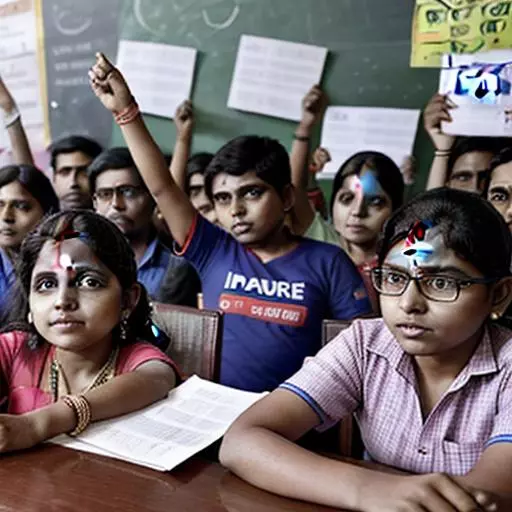Introduction
In the complex landscape of politics, education plays a pivotal role in shaping the choices and decisions of voters. It empowers individuals to make informed judgments and fosters a deeper understanding of the issues at hand. This blog delves into the significance of education in political campaigns, highlighting how it can enlighten voters and contribute to positive change in a democratic society.
The Power of Informed Voters
An informed voter is a powerful voter. When citizens have access to quality education and reliable information, they are better equipped to:
- Understand Issues: Education enables voters to comprehend complex policy matters, making them more aware of the implications of their choices.
- Analyze Candidates: Informed voters can critically assess the qualifications, positions, and credibility of political candidates.
- Engage in Debates: Education equips individuals with the skills to engage in constructive debates and discussions about political matters, fostering a more informed electorate.
- Demand Accountability: Educated voters are more likely to hold elected officials accountable for their actions and decisions.
- Make Rational Choices: Education encourages rational decision-making based on facts and evidence rather than emotional or impulsive reactions.
Education in Political Campaigns
- Public Awareness: Political campaigns can utilize educational materials, workshops, and town hall meetings to raise public awareness about important issues and policy proposals.
- Candidate Debates: Organizing debates between candidates allows voters to see how they handle tough questions and articulate their positions on various issues.
- Fact-Checking: Campaigns should encourage fact-checking and provide easily accessible resources for voters to verify claims made by candidates.
- Simplified Information: Campaign materials should present information in an accessible and straightforward manner to ensure that even those with limited education can grasp the key points.
- Civic Education Programs: Investing in civic education programs in schools and communities can foster a culture of political engagement from a young age.
Challenges and Solutions
Despite the benefits of education in political campaigns, several challenges exist:
- Disinformation: The spread of false or misleading information can confuse and misinform voters. Combatting disinformation requires media literacy programs and fact-checking initiatives.
- Access to Education: Not everyone has equal access to quality education. Addressing educational disparities is essential for ensuring an informed electorate.
- Polarization: Educational efforts should aim to promote a balanced understanding of issues rather than reinforcing existing political polarization.
Conclusion
Education is the cornerstone of informed and engaged citizenship. In political campaigns, it serves as a tool for enlightening voters, empowering them to make decisions that align with their values and interests. For democracy to thrive, it is imperative that education continues to play a central role in the political process. By investing in public awareness campaigns, civic education, and fact-checking initiatives, we can foster a more informed and empowered electorate, ultimately leading to positive change in our society.

